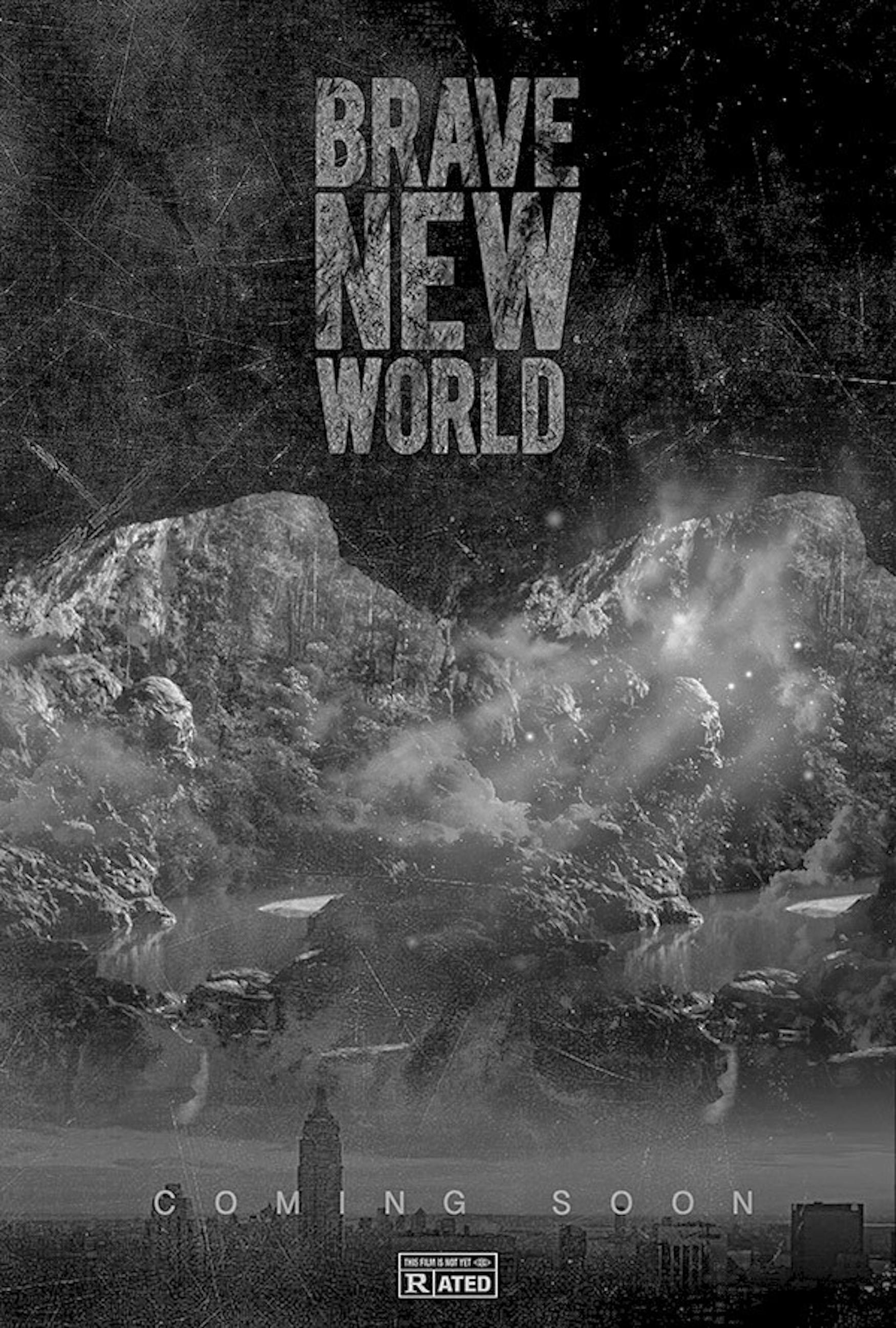Brave New World: Society as a machine and the pandemic outbreak today
“Brave New World” is a dystopian novel written by Aldous Huxley back in 1931 when most of our grandparents were born. Yet, strangely, it is scary 90 years later. This book almost became a prophetic vision of what happened in some autocratic or even democratic societies today — the pursuit of utilitarianism and power play exactly as described in the book.
In the world of fiction, everyone was genetically preprogrammed to fit in different social statuses. The lowest social class is given ‘lower’ intelligence and has to work in factories. The upper class individuals were described as being good-looking, having (usually) perfect body shapes and being blessed with an affluent life. They can spend time going on vacations, taking drugs and having sex for fun. The higher the social status, the more intelligent and wealthy an individual would be. As readers, we are introduced to the story of a “savage” man, John, who came from the “uncivilized” area and interrupted the order of this new world. People come chasing after John; he brings huge fame to his friend Bernard, who utilizes him and brings him to the “civilized” place. John is even invited by the beautiful girl Lenina to have sex with her.
In this book, everyone was chasing after his or her own interests — the only exception was John, and he symbolically died at the end. These “civilized” people, to some extent, were just wantons — they had desires but did not consider the reasoning behind their desires, only knowing to chase the strongest one. This is why Lenina invited John to have sex with her when she found him to be sexually attractive, regardless of the fact that there was a huge social status difference between the two and their sexual intercourse was prohibited. Lenina had followed instructions since she was an infant, and she essentially lost her free will to do things, without the ability to even try to gain it back. This small episode is epitomic, and from there, Huxley askes us a few questions. Why did Lenina choose to have sex with John (even though John later rejected her) instead of following the instructions that had been inscribed to her? Why is there a clear boundary between different social classes? Are social classes pre-determined, and are they purposefully kept within a range by those in power? And the ultimate question: do people really have free will under this huge society machine?
When this issue comes out, many of our readers will have left Brandeis or will be busy packing up their belongings on the last day they are allowed to stay on campus. Many college students, including those from other colleges, have been discussing the move-out policy and how much trouble it brought to students who are unable to go home or those that just have nowhere to go. Unfortunately, the problem does not just lie with the move-out policy. As soon as the outbreak started, the huge societal machine began running smoothly as described in the book. When the outbreak first started in China, local officials delayed updating information to cover up the inefficiency of their work. When the cities fell into quarantine, only the wealthy were able to purchase basic protections, such as face masks, at extremely high prices. Some poor people in rural areas even died without being diagnosed. When the virus spread across continents and became pandemic, we saw a series of similar policies enacted by governments, from calling on their citizens to be calm to restricting airlines from traveling to the main outbreak areas, and eventually to quarantine regions or even the whole country. Some people followed the initial instruction to remain calm and later failed to purchase basic necessities such as toilet paper. Some were afraid to go to hospitals because of the high expenses. We all think that we have the free will to do whatever we want, until we don’t — when we buy the pricey toilet paper just to go to bathroom, when we are kicked out of our residence halls by an email saying ‘get ready in two days and I am sorry,’ and when we were fleeing from Wuhan or from Northern Italy for all good and bad reasons.
Brave New World is a heavy book, an epitomic novel and a prophecy. We, however, should not mourn over it. But rather use it to warn us — to build up a more transparent government and to push forward social equality.



Please note All comments are eligible for publication in The Justice.